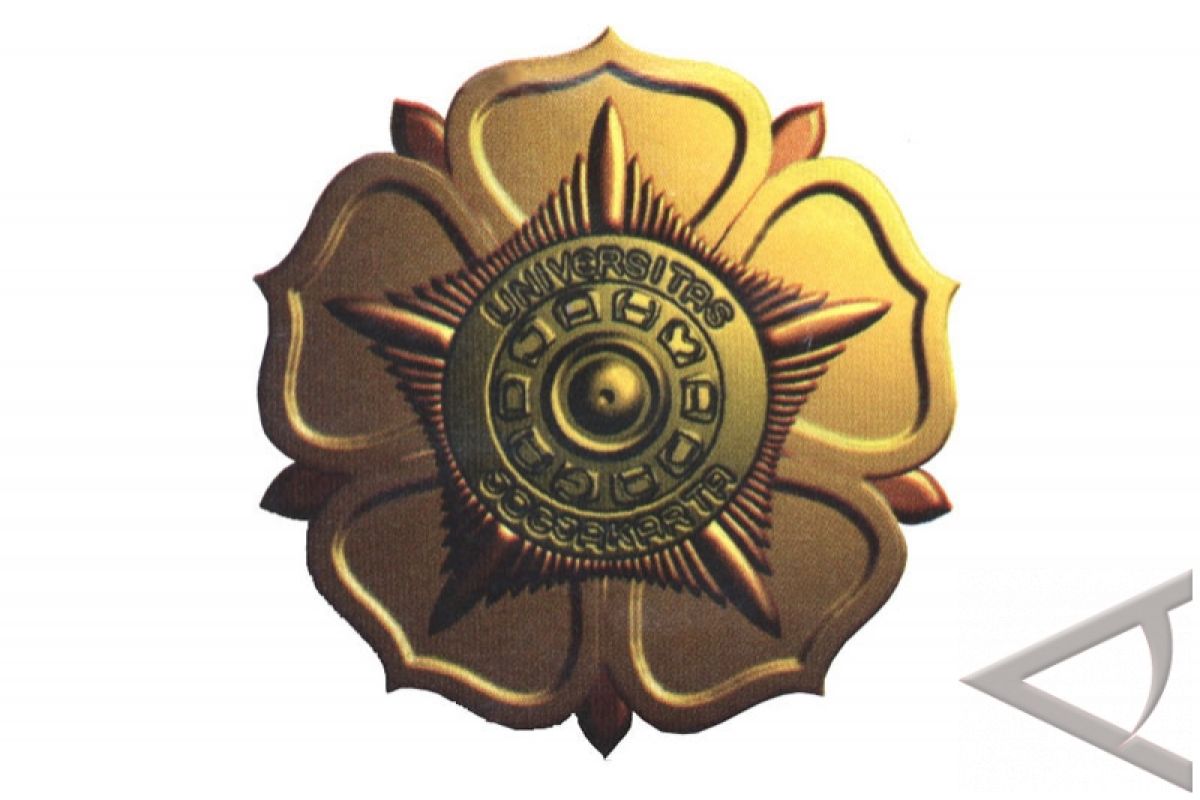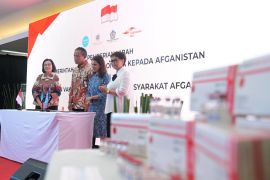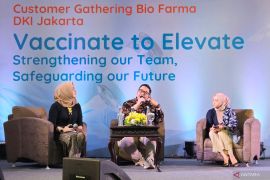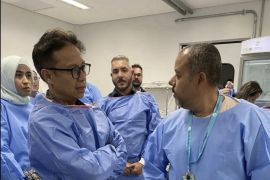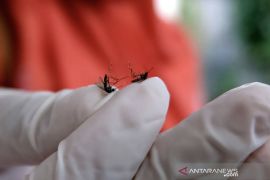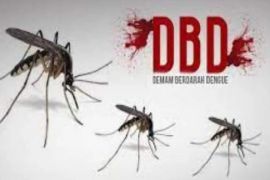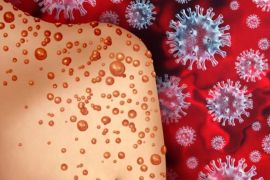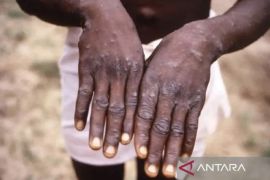"The vaccine had been proven to inhibit the development and growth of the virus to 87 percent. It also have been tested in a laboratory, the production of the vaccine is less costly than other chemical vaccines offered on the market," Artina said here Thursday.
Artina added that the regular AI vaccines are priced at around Rp200,000 per 100 doses, but her vaccine is offered at Rp75.000 per 100 doses.
"Despite its relatively lower price but effective, the vaccine is yet to be mass produced because it still needs further research to produce more outcome," she said.
The vaccine is using the Mahkota Dewa fruit as Indonesian local potentials that is scientifically proven to increase body vitality as the AI antivirus with its Saponin compound that act as an antibacterial and antiviral.
To get the Saponin compound, the fruit must be first distilled to get the extract, and then preceded by weighting according to the required dosage.
"For a 10 Milliliter dosage required some 100 grams of dried Mahkota Dewa per 100 milliliters of water, or the multiplication of 100 grams per 1,000 milliliters. Then to get the extract all the ingredients need to be refined," she said.
The extract must consist of 10 percent Saponin compound which tested at the University`s Integrated Research and Testing Laboratory (LPPT).
"The Saponin results obtained is the used as a raw material for the AI virus antigen solvent suspense and some 0.2 milliliters of Mahkota Dewa`s extract is the used as the vaccine," Artina said.
On its initial test which was conducted on 30 embryonated chicken eggs, The result showed that from several eggs injected by AI virus, were given the 0.2 percent of the fruit`s extract and additional 10 percent of Saponin, the embryo did not die after 35 incubation days.
However, a number of eggs injected with the higher dose up to 15 to 20 percent, turned out all of the embryos died with whole body bleeding, dwarfism, and alantois turbid fluid.
Artina said that ten percent is the best result to prevent AI virus. The test proven that Saponin concentration used should be at its appropriate dosage, or it will turn out to be a lethal poison.
"Once proven safe for the eggs, the vaccine testing was also carried out to chickens aged less than 21 days and the results are quite encouraging, all vaccinated chickens survived," she said.
The vaccine testing results will be presented at an international seminar held in Japan Amstecs on March 19 and 20, 2011. (*)
Editor: Kunto Wibisono
Copyright © ANTARA 2011
